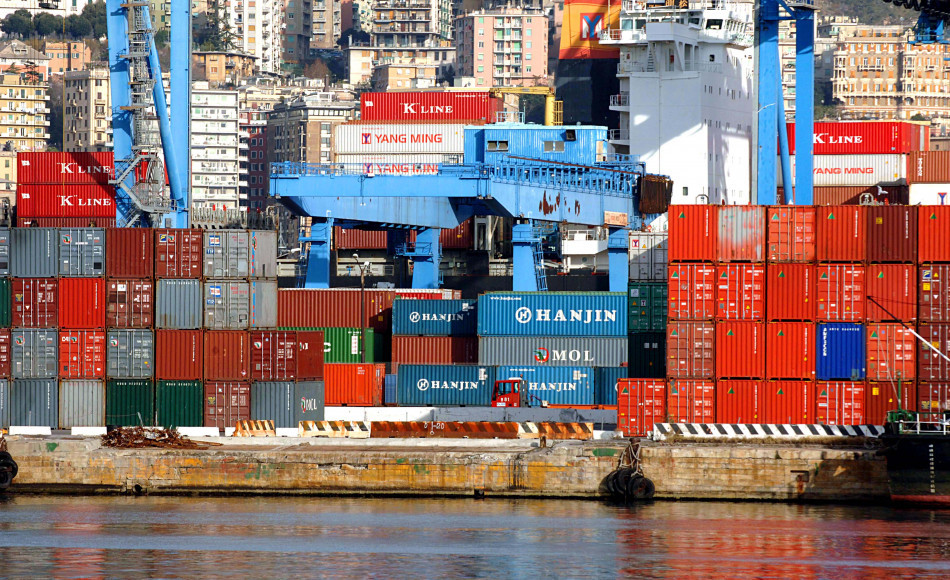Concerns are floating in Italy as the Chinese seek to invest in yet another Italian seaport, that of the Southern city of Taranto, in Apulia.
Ferretti Group, which is 86% owned by state-controlled Chinese industrial colossus Weichai Group, has recently expressed an interest for investing in Taranto’s naval hub. They are aiming to build a shipyard for the construction of fibreglass and carbon hulls and structures, jointly with a R&D centre for hull moulds.
However, several public figures have voiced their preoccupation that the Chinese might be seeking to extend their strategic reach through the targeted investment in the crucial Southern port.
Taranto’s port is strategically vital for NATO, which operates a military naval base and several infrastructures in support of NATO’s own Standing Naval Force in the Mediterranean Sea. This military contingent partakes in Operation Sea Guardian, a counterterrorism effort, aids the fight against migrant trafficking and participates in joint exercises.
The EU, too, relies on Taranto for its anti-migrant trafficking operation, dubbed EUNAVFOR MED Irini.
Anna Bonfrisco, Italian member of the European Parliament, has asked Brussels to investigate the possible sale of a European strategic infrastructure to a company with such strong ties to the Chinese government.
“The risk is that this operation could initiate a geopolitical rebalancing act. We cannot endanger us and the whole of Europe. To accept the risk that the Chinese presence could pave the way, if only for espionage activities, is unacceptable to us,” Ms. Bonfrisco told Formiche.net.
Adolfo Urso, vice-president of the Italian oversight body for state intelligence agencies, has also taken an interest in the case. His team had already published a report in May citing the rise of Chinese propaganda in Italy.
Speaking about Huawei’s infrastructures – the Chinese tech that would lie at the core of Italy’s budding 5G telecommunications network – Mr. Urso told us that “[…] it emerged from our investigations that the Chinese legislation, as developed in the past years, allows State organs and intelligence services to rely on their citizens’ and businesses’ collaboration. Meaning that businesses and citizens of that country answer to the Chinese national security system.”
Mr. Urso’s worry is shared by most of the global West. The president of the US, Donald Trump, is especially critical of Huawei, and has urged allied countries not to allow the Chinese state-owned company to build critical infrastructures.
Beijing, on the other hand, firmly denies any risk associated with Huawei tech – as well as other Chinese commercial ventures.
In March 2019 Italy signed a memorandum of understanding with China for its adherence to the Belt and Road Initiative (BRI), sometimes called the New Silk Road. The project would link Beijing to Europe, via Italy, through enormous infrastructural investments and commercial deals. So far, Italy is the only G7 member to partake in the BRI.
The Sino-Italian memorandum had already identified Taranto’s seaport as a key asset, along with other six major naval hubs, including Genoa and Venice.
Ferretti Group was established in Italy in 1968 and produces eight of the world’s most famous luxury yacht brands. In 2012 it was salvaged by collapse by Weichai Group, now its majority stakeholder. The company is not financially sound to this day, to the point that it had to renounce its IPO last year.








